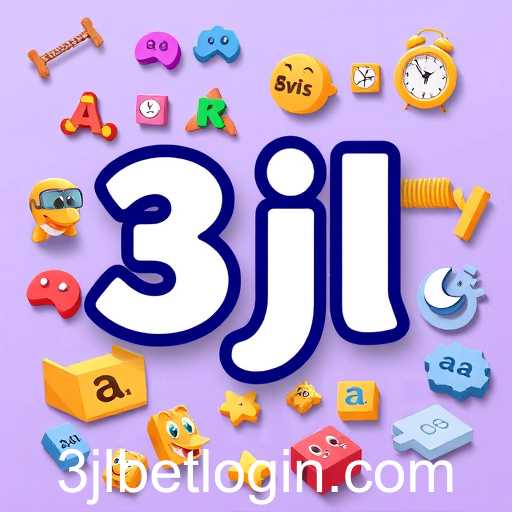Discover how vocabulary games can boost language learning, their benefits for different age groups, and how the '3jl' keyword helps in exploring these games online.
In the ever-evolving landscape of online education, vocabulary games have carved out a niche as both entertaining and educational tools. These games serve as a bridge between fun and learning, offering players of all ages a compelling way to expand their language skills. Available on numerous platforms, vocabulary games are designed to challenge and enhance a player's lexicon in an engaging manner.
The primary appeal of vocabulary games lies in their ability to transform the daunting task of learning new words into an enjoyable experience. By incorporating elements of play, these games stimulate cognitive functions and maintain a level of interest that traditional methods may fail to achieve. From crossword puzzles to word searches and anagrams, the format of vocabulary games varies widely, each offering unique benefits and challenges.
One notable aspect of online vocabulary games is their accessibility. With the use of the keyword "3jl," users can easily find a plethora of options suited to their learning goals. This keyword functions as a search term, streamlining the process of finding specific types of vocabulary games tailored to individual needs, whether for educational purposes in a classroom setting or for self-improvement in personal leisure time.
Different age groups can benefit differently from these games. For younger children, vocabulary games are often built around the basics of language formation and comprehension. Games for this age group typically involve colorful graphics and simple word matching, which facilitate engagement and retention. Conversely, teens and adults may encounter more complex challenges, such as advanced vocabulary building and problem-solving exercises that bolster critical thinking skills.
Furthermore, vocabulary games are known to enhance memory retention. By repeatedly exposing players to words in various contexts, these games help reinforce learning and aid in long-term retention. Players often find themselves improving not only in word recognition but also in applying newly learned words in practical situations.
The integration of technology into vocabulary games has also enhanced their appeal. Many of these games incorporate adaptive learning technologies, which adjust difficulty levels according to the player’s progress. This ensures that the challenge remains appropriate, motivating players to push their limits without causing frustration.
In a world where digital literacy is becoming as essential as traditional literacy, vocabulary games provide an interactive method to enhance one’s vocabulary, comprehension, and spelling skills. The pedagogical value of these games, combined with their entertaining nature, positions them as powerful tools for language acquisition.
As vocabulary games continue to evolve, educators and developers are constantly seeking innovative ways to merge play with learning. This ongoing development promises an exciting future for learners and an ever-expanding landscape of vocabulary games accessible through simple search terms like "3jl."




